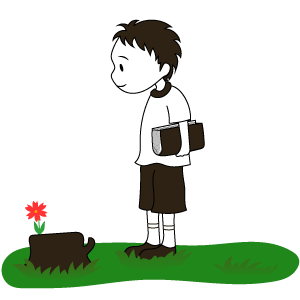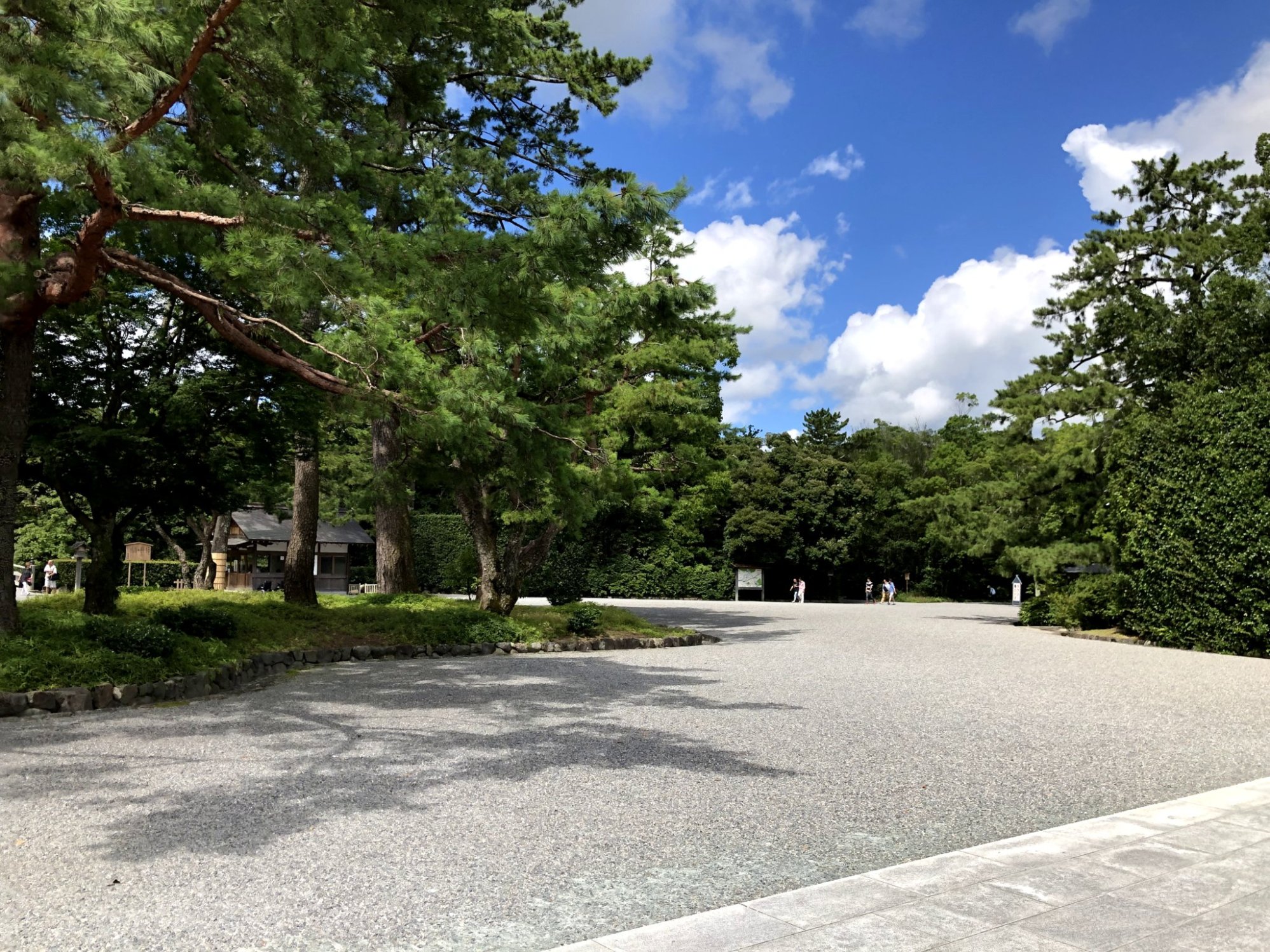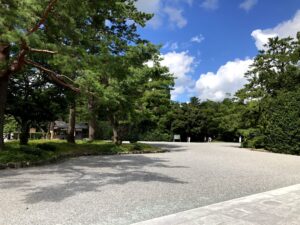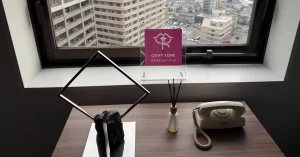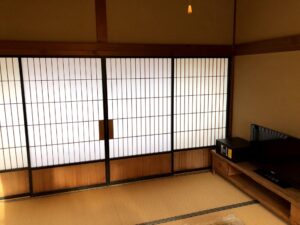I hardly watch TV anymore, but I often watch YouTube instead. I don’t know why I say this now, but I think it’s just because it’s interesting. Because of my generation, I grew up when TV was at its most interesting, and I can’t help but be attracted to programs that are just barely compliant and sometimes stray from the norm.
As someone once said, “If it’s not funny, it’s not TV. I think that is what YouTube is today. In fact, popular videos such as “Surprise” and “Challenge Project” often make me nostalgic, thinking that the original source material was on TV.
However, while there are many TV channels, YouTube is currently the sole winner, and it is said that the problem is that there are no rivals, but I am sure that something will soon emerge that will surpass it.
At the time, it was said that if it wasn’t interesting, it wasn’t television, and at the same time, it was also said that watching television would make you a fool. However, although I watched TV to death, I probably did not become that stupid.
This is because some TV programs are good, such as news and documentaries, while others are frowned upon. However, I believe that TV is TV because it has both.
It is a mirror of society, just as there are some good quality people and some inferior people.
The problem, I think, is that it is important to have the attitude of thinking, “Oh, this is a low-class program, but it’s interesting, so I don’t mind watching it. Without that kind of judgment, if you just watch it, you will become a fool. On the other hand, I think that grasping that fine line is knowing the dividing line between expression and vulgarity.
The critic Takaaki Yoshimoto said that he used to leave the TV on all day, not just while he was working. It was just because he was lonely. Whenever he was interested in a show, whether it was a wide-ranging show or a low-brow program, he would look at the screen.
He probably did it because he was lonely, but also because he was a critic and had to be interested in television as a reflection of society.
Just as a gourmand who eats only good food often gets gout, a critic or any other expressive person who watches only good movies, books, and TV programs may become somewhat biased.
We are surrounded by information, including on social networking sites. Takafumi Horie says, “Take in information as if you were being showered with it,” which sounds like what Mr. Yoshimoto was doing by watching TV.
However, it is difficult to say whether children should do the same. First of all, it is important to cultivate an aesthetic sense with good books and picture books, and manga and anime are fine when children are older. Many adults think that it is fine to wait until they are older to start reading manga and anime.
This is the same as saying that it is okay to eat ramen, beef bowls, and other junk food after getting used to the taste of food through gastronomy. On the other hand, let the children get used to eating poor quality food, and then they can eat delicious food when they grow up. Which is better for the child to be truly nourished?
In the end, I believe that it is largely up to the individual’s sense of beauty that determines what is noble and what is vulgar, what is necessary and what is not.
So, how do we create that sense of beauty, and is it really something that parents can create?
See you soon!
